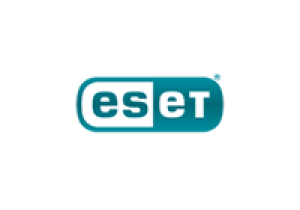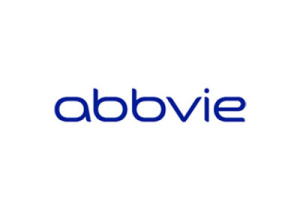eID centric approach for building eServices and electoral process modernization
Nowadays there are a lot of projects aimed at the computerization of public administration being implemented in the developed countries around the world with varying intensity and success. Also Slovakia is gradually preparing eGovernment implementation thus starting development of eServices.
Is it necessary to build eServices using electronic identification card? Is the use of eID as a mean for qualified electronic signature a sole benefit while building eGovernment? What other specific benefits brings the use of eID to the implementation of eServices? What are the prerequisites for successful eID centric approach for building eServices?
Within this context it is not proper to narrow down the view of the eServices only to services of public administration. Conversely, it is appropriate to look at them through the wide-angle optics and to see them also as services provided to citizens by business entities. Also these service providers can evenly successfully exploit the opportunities offered by the introduction of eID while implementing the eServices.
The level of direct democracy - interaction with citizens is considered as one of main features that prove development of a country. Slovakia is going to implement eServices in the field of citizen rights guaranteed by the Constitution. The right to vote represents the opportunity for a citizen to influence the future of his country as well as his private life. The future of eGovernment is electoral modernization at all levels.
eID implementation can become one of significant steps, which is able to support trust, effectivity and security of e-voting. The most important assumptions of e-voting success are authentication of voters, anonymity and restraint of multi-voting. What is the role of eID? What are experiences of eID utilization in e-voting abroad?
Sign in to Autumn ITAPA 2024
Lenka Kmeťová
Lenka Kmeťová graduated from the Slovak University of Agriculture in Nitra, the Faculty of Economics and Management. After graduation she worked at the Department of Economics where on top of her teaching duties she was actively involved in EU Phare projects aimed at the marketing, sales and restructuring of the food processing industry. Through her working on said projects she acquired international experience as a project team leader, advisor and a trainer and she took part in a number of internships in Ireland, the Netherlands and Denmark. She further extended her professional training in the field of international marketing, enterprise development, selling, marketing information systems, export marketing planning and financing, etc. …
See more info about the speaker
Michal Ševčík
Michal Sevcik obtained his Master's degree at the Slovak Technical University in Computer Science. After finishing his studies he started to gather his professional experience as a junior analyst working for Digital. Later he has gained experience and skills working on software development projects for key players in the financial and mortgage brokering market in New Zealand and Australia. Since his return to Slovakia in 2001 he has been working for Compaq and then Hewlett-Packard as a business analyst and solution architect using his experience and skills to analyze, design and implement complex IT projects and deliver system integration projects in the public sector. Since 2004 he was focusing mainly on the technologies and projects re…
See more info about the speaker





















